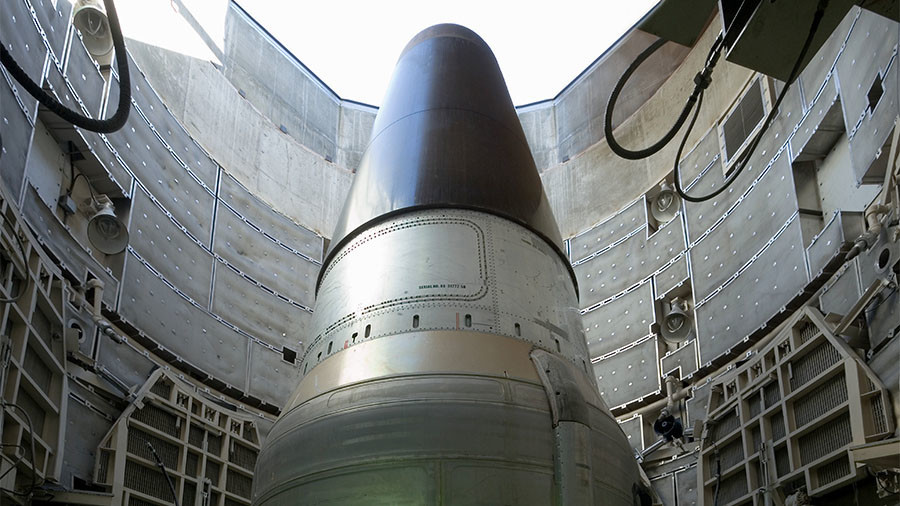How Washington provoked, and perhaps lost, a new nuclear-arms race - Stephen Cohen

Putin’s speech, if read carefully, also reveals and raises vital political questions. Cohen identifies and discusses several of them:
§ At one point, Putin remarkably says “we ourselves are to blame” for the dire strategic condition in which Russia found itself in the early 2000s. Presumably he is referring to his own “illusions” about the West, particularly about Washington, to which he has previously alluded, though only cryptically. Presumably he is referring to his own fruitless appeals to “our Western partners” for policies of mutual security instead of NATO expansion and unilateral missile-defense installments, “illusionary” appeals for which he has sometimes been criticized by actual anti-Western forces in Russia’s political-security establishment. As Putin admits, his “Western partners” did not “listen.” This is compelling evidence that Putin himself changed in response to US-NATO policies during his years in power, but also that he is capable of change again given Western initiatives.
§ In the speech, Putin does not comment directly on past or current nuclear-arms races, but he makes clear that another, more dangerous one looms, depending on how Washington reacts to Moscow’s new weapons. Washington can accept the parity, or deterrent, Russia has restored and return to full-scale nuclear-arms negotiations; or it can try again to surpass Moscow’s parity. If the latter, he says, Russia is fully able and ready to compete, again and again, though he makes clear he would prefer instead to commit his remaining years of leadership, legacy, and national resources to Russia’s modernization and prosperity, which he spells out (yet again) in the first two-thirds of his speech. He insists, that is, the new weapons are not for any kind of aggression but solely for Russia’s legitimate military defense and, politically, to bring Washington back to détente-like policies and particularly to nuclear arms negotiations. The Kremlin, he adds, is “ready.”
No comments:
Post a Comment